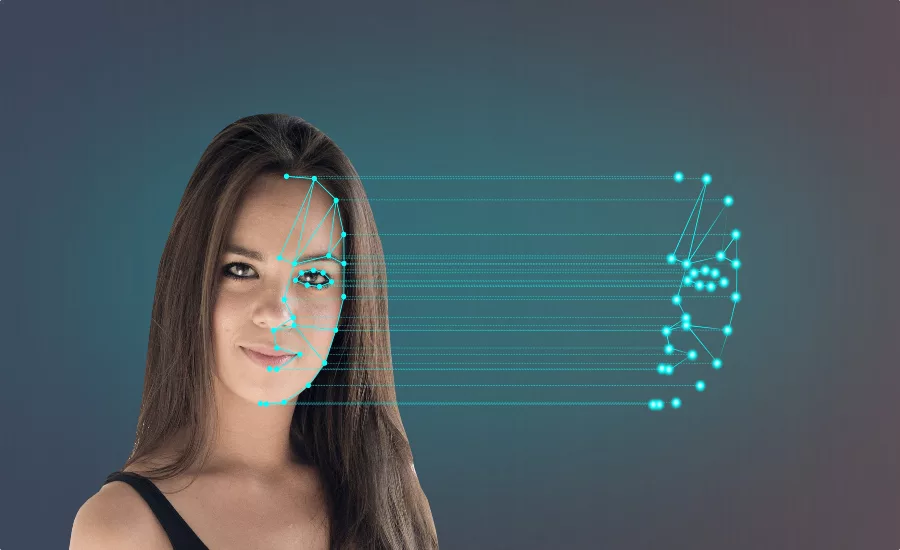Bill to Combat 'Deepfake' Technology Passes U.S. House of Representatives

A bill to combat manipulated media content known as “deepfakes” has passed the U.S. House of Representatives.
The bill, H.R. 4355, the Identifying Outputs of Generative Adversarial Networks Act (IOGAN Act), supports research to accelerate the development of technology to identify deepfakes that could erode public discord, scam the American public and endanger national security.
“Recent technological advances have reshaped the world we live in, but with that come new threats to our national security that must be addressed,” said U.S. Congressman Anthony Gonzalez’s (R-OH), author of the bill. “It is critical that we learn to identify and combat deepfake technology now to stop scammers and foreign entities who would seek to do harm to the American public.”
Deepfake technology has developed rapidly over the past several years with no clear method of identifying and stopping it from becoming a major national security threat. The IOGAN Act directs the National Science Foundation (NSF) and the National Institute of Standards and Technology (NIST) to support research to accelerate the development of technologies that could help improve the detection of such content. Advancements in computing power and the widespread use of technologies like artificial intelligence over the past several years have made it easier and cheaper than ever before to manipulate and reproduce photographs, video and audio clips potentially harmful or deceptive to the American public. The ability to identify and label this content is critical to preventing foreign actors from using manipulated images and videos to shift U.S. public opinion.
“Recent technological advances have reshaped the world we live in, but with that come new threats to our national security that must be addressed,” said U.S. Congressman Anthony Gonzalez’s (R-OH), author of the bill. “It is critical that we learn to identify and combat deepfake technology now to stop scammers and foreign entities who would seek to do harm to the American public.”
Deepfake technology has developed rapidly over the past several years with no clear method of identifying and stopping it from becoming a major national security threat. The IOGAN Act directs the National Science Foundation (NSF) and the National Institute of Standards and Technology (NIST) to support research to accelerate the development of technologies that could help improve the detection of such content. Advancements in computing power and the widespread use of technologies like artificial intelligence over the past several years have made it easier and cheaper than ever before to manipulate and reproduce photographs, video and audio clips potentially harmful or deceptive to the American public. The ability to identify and label this content is critical to preventing foreign actors from using manipulated images and videos to shift U.S. public opinion.
Looking for a reprint of this article?
From high-res PDFs to custom plaques, order your copy today!






